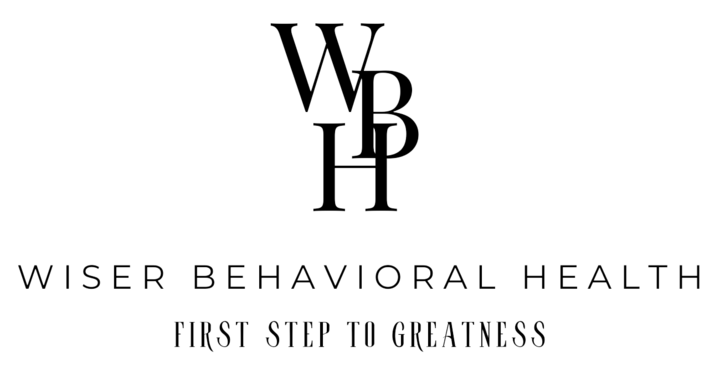How to Treat Depression Disorder
Treating depression requires a holistic approach that focuses on the individual’s needs, preferences, and health history. A combination of psychotherapy, medication, and lifestyle modifications is often most effective. Psychotherapy, such as cognitive-behavioral therapy (CBT) or interpersonal therapy (IPT), provides individuals with tools to manage their thoughts and behaviors in healthier ways. Antidepressant medications can help adjust the brain’s chemical balance, alleviating some of the physical symptoms of depression. Additionally, lifestyle changes such as regular exercise, a nutritious diet, adequate sleep, and mindfulness practices can support mental health. It’s also important for individuals to build a supportive network of friends and family who understand their journey. Seeking professional help is a crucial first step towards recovery; it’s essential to work with healthcare providers to find the right combination of treatments that work for you.




